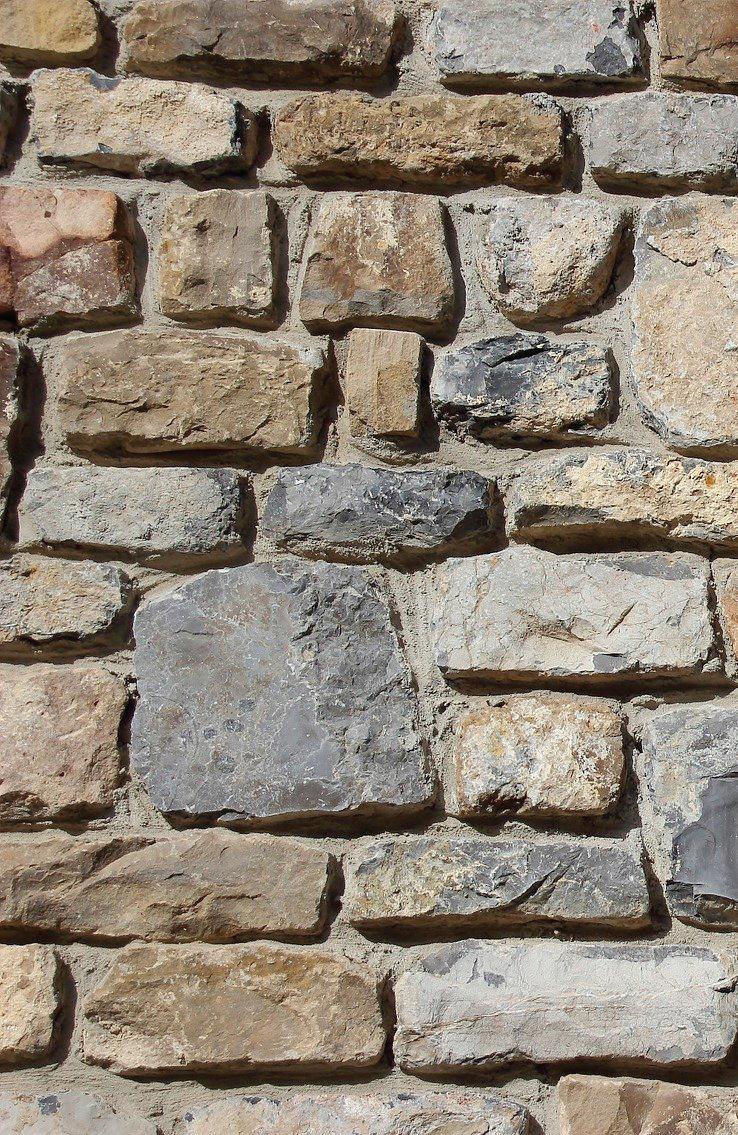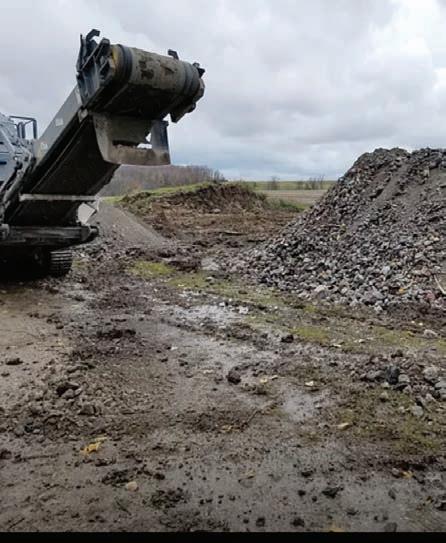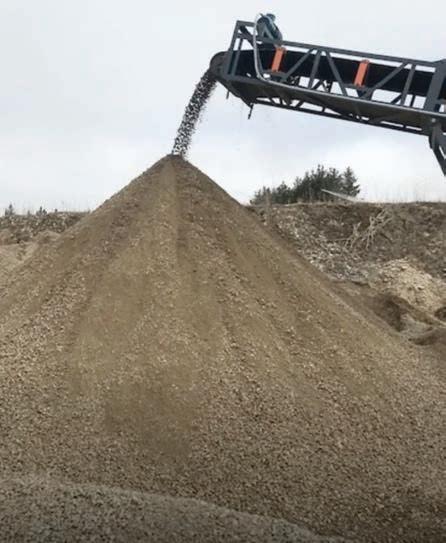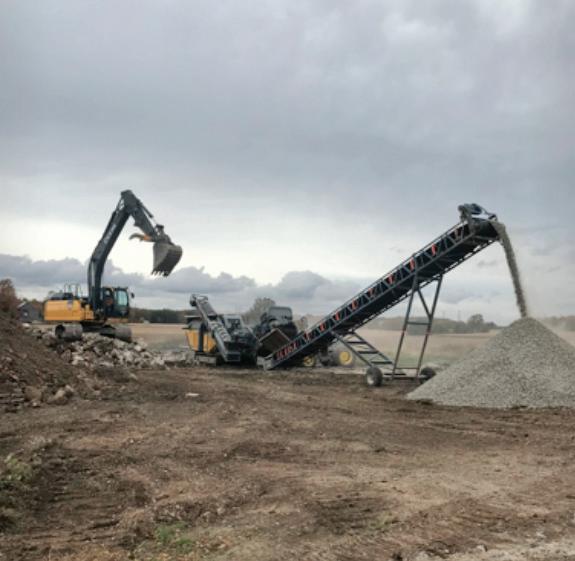
1 minute read
Spreading manure in the winter is a bad idea – and here’s why
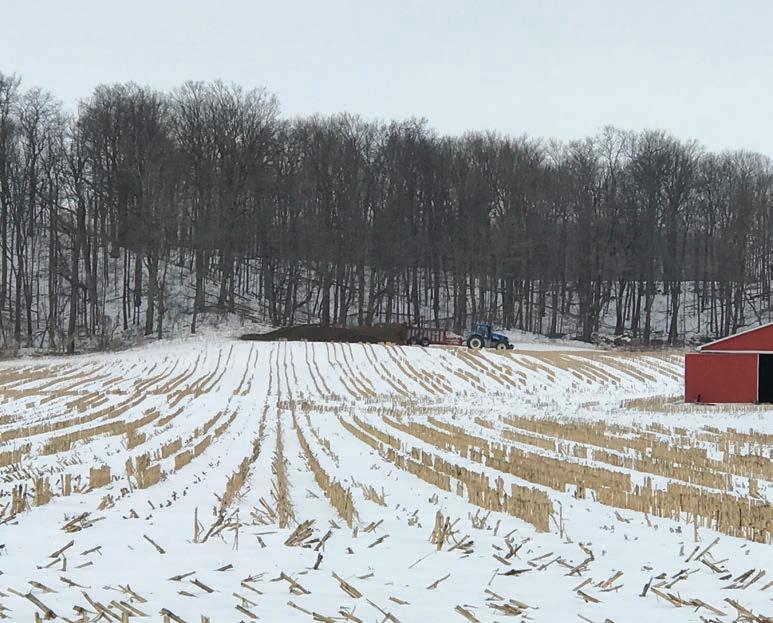
LILIAN SCHAER FARM & FOOD CARE ONTARIO
Advertisement
Lake Erie is famous for its fishing and sand beaches, but it has also become known for its summer algae blooms. And although there are many urban and rural sources for the nutrients going into the lake, agriculture is often an easy target when people are looking to lay blame.
That’s because farmers’ nutrient management activities are highly visible –especially hauling and spreading brown manure across a white winter landscape. Manure is important for healthy soil and to grow good quality crops, but how and when it is applied can have bad effects on the environment, and cost farmers money in the process.
For example, solid or liquid manure should not be spread on frozen or snowcovered ground in the late winter if at all possible. Water takes the path of least resistance and when the ground is frozen, any manure on the surface is easily washed away during winter rains or when the snow melts. Even with solid manure, a little bit of rain will leave only the straw behind on the field.

From there, manure ends up in streams, rivers and lakes, where it pollutes the water, kills fish and helps promote algae growth, like in Lake Erie.
New research has proven that most of the phosphorus that runs off from Ontario fields does so in the fall and winter, and most often during or after big rains and spring thaws.
Here are three other reasons why ma-
Avoid spreading manure in the winter
Winter rain and snow melt wash away manure on frozen ground. Nutrient run-off helps pollute the water, kill fish and promote algae growth. Manure is valuable and those are dollars wasted when it’s washed away. Winter spreading doesn’t stop compaction.
nure should not be spread on frozen or snow-covered ground:
Manure is valuable, and if it runs off, those are dollars wasted
Livestock manure is a valuable replacement for expensive commercial fertilizer. When that manure is washed away instead of going into the ground, it can no longer be used by the crop that will be in that field in the next growing season. That means those nutrients are lost, so they must be replaced to have a productive crop.
See Spreading on page 25
What you can do to prevent winter spreading
Plan aheadExpand storageChange crop rotation
Know how much manure storage you have. Be prepared in case fall spreading isn’t possible.
Cover or expand your existing manure storage. Temporary in-field storage can be a solution for solid manure.
Add winter wheat or cover crops to your rotation for extra manure spreading opportunities throughout the year.
For more information:
Timing Matters
519 837 1326 www.FarmFoodCareON.org/Timing-Matters

